TEHRAN (Bazaar) – Professor Paul Pillar, who was CIA intelligence analyst for 28 years, says there is still a decent chance of some kind of informal understanding between Iran and US about not escalating from the current state of affairs.
“There is little chance, for at least the next year, of a new formal agreement,” Pillar told Bazaar News Agency.
Following is the full text of the interview:
Q: After the optimism that was created after the Sultan of Oman's visit to Iran to reach an agreement on Iran's nuclear issue (at least an agreement that does not increase tensions) with the United States, we are witnessing a setback in this regard, that Rafael Grossi, the Director General of the International Atomic Energy Agency, has also mentioned it recently. What is the reason for this setback?
A: I think what appears to be a setback is in large part a natural consequence of hopes getting perhaps too high earlier, when visits and meetings such as those involving the Omanis gave the impression of progress, which may or may not have matched actual progress behind closed doors. We don't know how much actual progress was made in bridging gaps on the issues, and any of several substantive issues may be the main sticking point today.
Q: According to the published news, the issues raised between Iran and the United States include a package of topics such as Iran's regional policy, the release of American prisoners, the halt in Iran's enrichment of more than 60 percent, and Tehran's cooperation with the International Atomic Energy Agency. Do you think these issues in connection with each other have meaning for the parties?
A: All of those issues have significance for at least one of the parties, which means they are significant issues in negotiations between the parties. There is not a natural linkage between many of these issues, and addressing all of them at once does introduce additional complexity. But having a variety of issues does give increased opportunity for trade-offs that may help to reach an agreement. For the U.S. government, the release of detained Americans may be what the Biden administration would most like to achieve in the near term.
Q: Rafael Grossi recently announced that Iran's cooperation with the IAEA is not what he expected. Can't these words be evaluated as a pressure lever on Iran at the current stage? Does that mean that if Iran does not comply with the issues raised in the recent negotiations with the US, the agency's leverage will be activated against it?
A: Grossi's comment probably is an honest statement about how Iranian cooperation compares with his earlier expectations. There also is an implied bit of leverage, in that that kind of statement, if not followed by increased Iranian cooperation, could lead to action against Iran at a future meeting of the IAEA board of governors.
Q: In October of this year, the sanctions against Iran's missile program will be lifted according to the JCPOA. On the other hand, European countries are trying to extend the sanctions on Iran's missile program. This action has been mentioned as the first clear legal violation of the JCPOA by Europe. What do you think this issue will have on Iran's talks with the other side?
A: It would not be surprising for Iran to react forcefully to any such move by the Europeans, given that it was not Iran that violated the JCPOA. It would be more accurate, however, to describe such a European move as taking place outside the JCPOA, rather than being a "violation" of the JCPOA, given that one cannot really say that the JCPOA is still in force, ever since the US withdrawal.
Q: Considering the recent developments, what is your prediction of reaching an agreement and what kind of agreement is likely?
A: There is still a decent chance of some kind of informal understanding about not escalating from the current state of affairs. There is little chance, for at least the next year, of a new formal agreement.

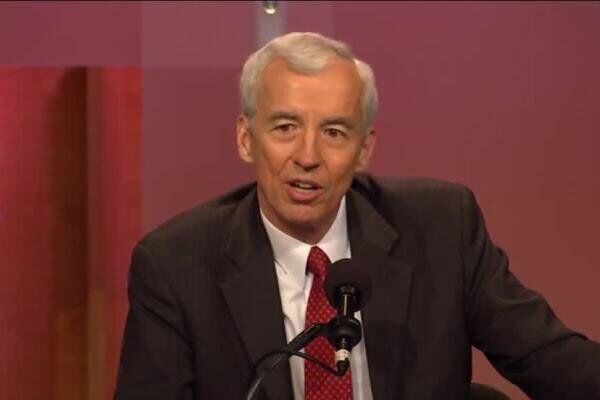




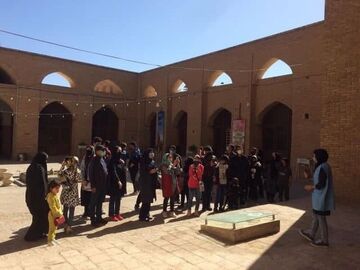
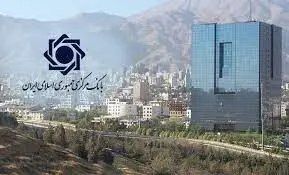

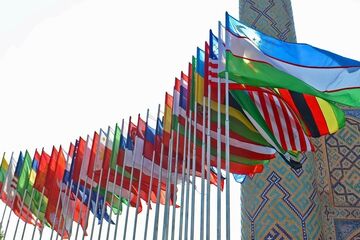



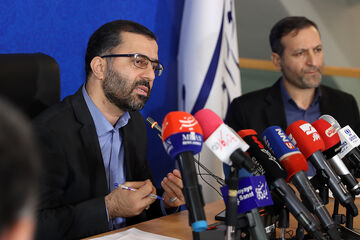

نظر شما